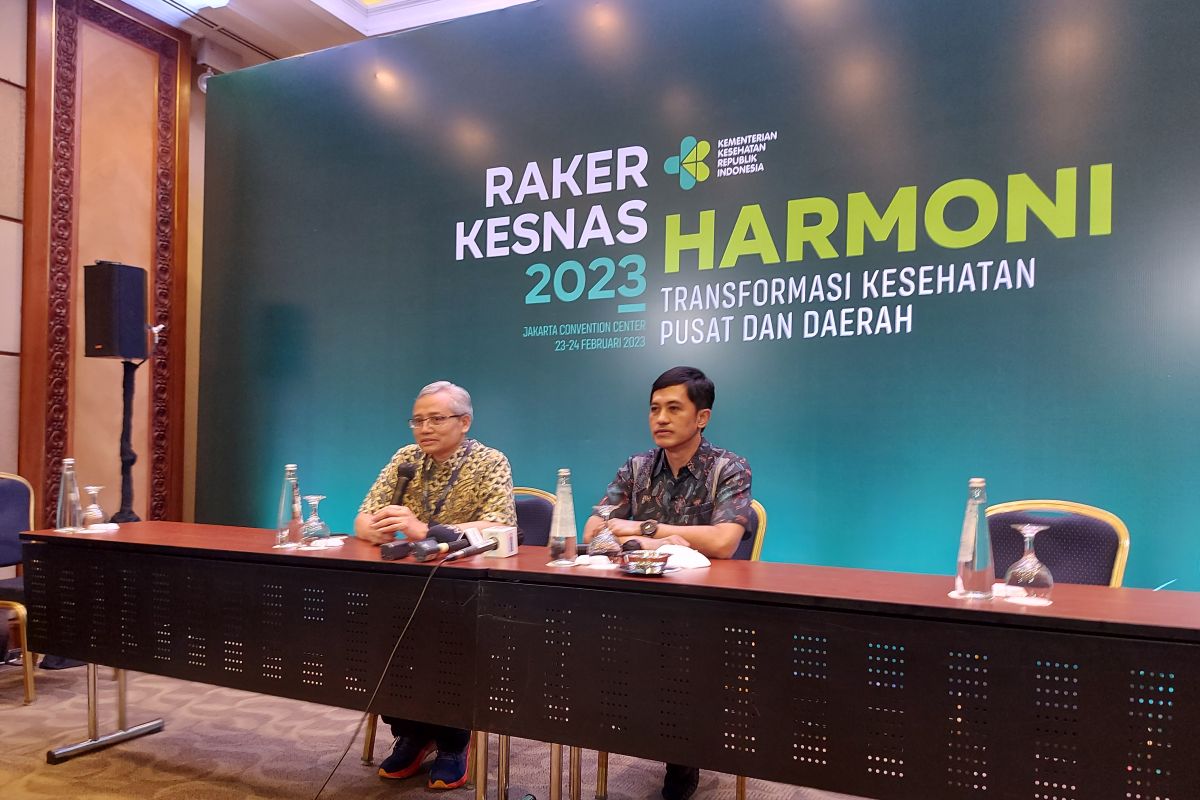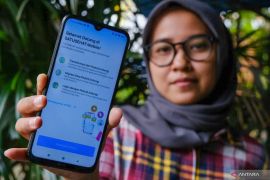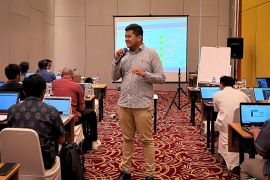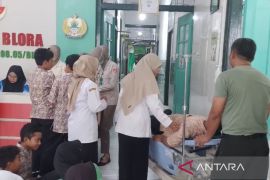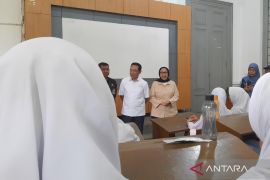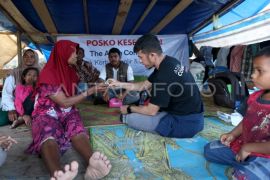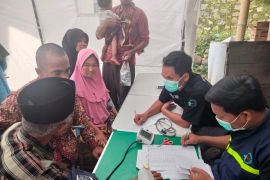Now, with one account number (SatuSehat)…you can see the similarity of the data, which was originally tiered, and there is potential for data changes to become more uniform.Jakarta (ANTARA) - The Ministry of Health is in the process of integrating health data through the SatuSehat platform to address the issue of different versions of data reaching the central government level.
"This is what the health transformation system is for; we will use one account number from the National Identity Number (NIK) data as one that will be recorded in the health system," Deputy Minister of Health Dante Saksono Harbuwono informed at a press conference on the “National Health Work Meeting (Rekekesnas) 2023” at JCC Convention Center, Jakarta, on Thursday.
He made the statement in reference to the presence of many versions of data supporting government policy programs in the health sector, which are reported differently by ministries/agencies, regional governments, and professional organizations.
He said this situation has arisen due to the compilation of tiered data, starting from primary services to provinces, through the use of several applications with different levels of accuracy.
"So those who previously made plans with many applications, so that various numbers came out, one application asked for data to come out in stages from the health center to the health office and so on," he explained.
In the course of reporting the data, various corrections appeared at every level of health services, so that the numbers that reached the center were not uniform, he added.
"Now, with one account number (SatuSehat), it is processed from the entry number directly to the national data center, so you can see the similarity of the data, which was originally tiered, and there is potential for data changes to become more uniform," he explained.
At the same event, the chairperson of Commission IX of the House of Representatives (DPR), Felly Estelita Runtuwene, said that the policy to accelerate the reduction of stunting needs to be supported by accurate data so that it is right on target.
"We pay attention to stunting data from the Indonesian Nutrition Status Survey (SSGI) and Community-Based Electronic Recording of Nutrition (EPGBM). We encourage the alignment of stunting data so that explanations to local governments can be described accurately," she informed.
Meanwhile, chairperson of the executive board of the Indonesian Medical Association (PB-IDI), Adib Khumaidi, pushed for the alignment of data on the number of medical professionals in Indonesia.
His request was motivated by divergent data on the number of doctors and specialists: IDI has pegged their number at 204,492, and KKI at 214,878. The figures differ from the number cited by the Ministry of Health's report, which is 145,913.
Khumaidi expressed concern that the policy to accelerate the production of doctors in Indonesia will actually have implications in the form of increasing the number of unemployed professional intellectuals in Indonesia.
Referring to IDI and KKI data, which put the number of specialist doctors at 44,753, around 67 thousand specialist doctors need to be added to meet the World Health Organization ratio of 1:1,000 in Indonesia.
Related news: Ministry prepares trainers ahead of EMR integration
Related news: PeduliLindungi to allow users to book doctor's appointments next
Related news: Ministry to integrate data from 111 labs with SatuSehat in 2023
Translator: Andi Firdaus, Cindy Frishanti Octavia
Editor: Sri Haryati
Copyright © ANTARA 2023
